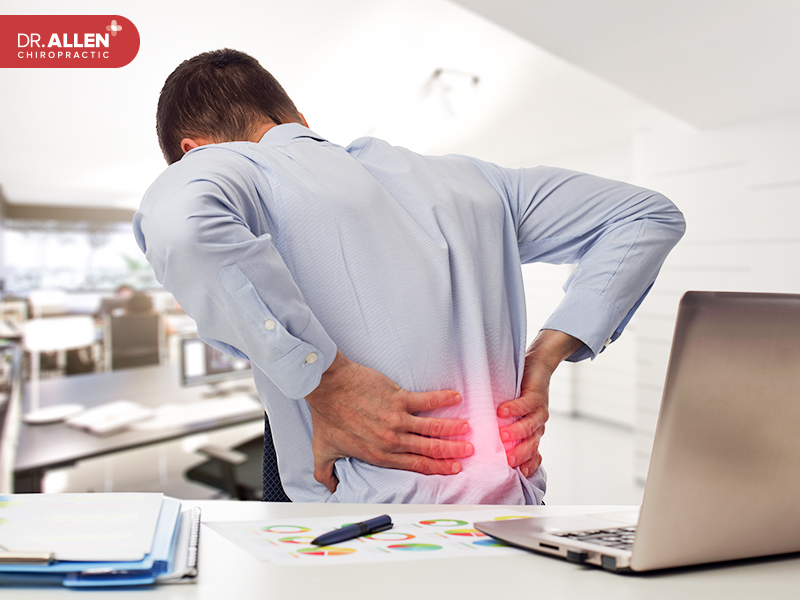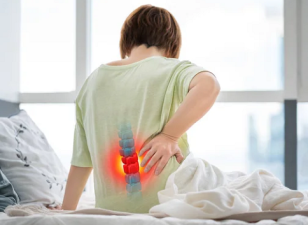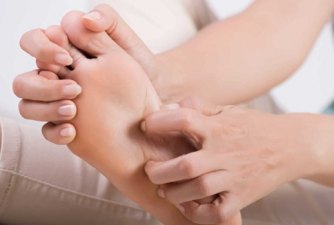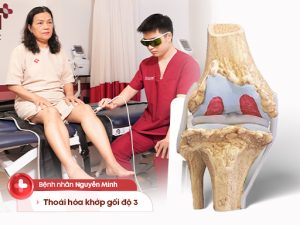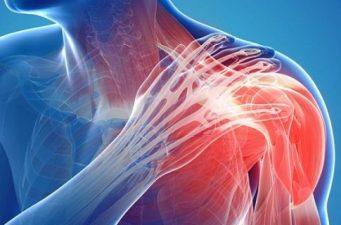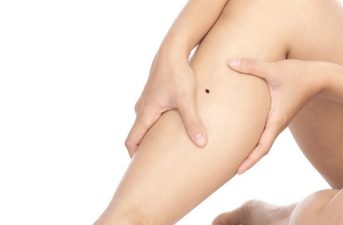Whether you’re a fitness enthusiast, a professional athlete, or someone enjoying a night out with friends, herniated discs are a condition that can affect many aspects of your life. This blog post aims to shed light on how certain activities and lifestyle choices can interact with this common, yet potentially debilitating, spinal condition.
Can Deadlifts Cause a Herniated Disc?
Deadlifts, when performed with incorrect form or excessive weight, can indeed increase the risk of a herniated disc. This exercise puts a significant amount of stress on the spine, and a small mistake in form—like rounding your back—can cause the disc to bear an undue load, potentially leading to herniation. Therefore, it’s essential to use correct form, manage your weights carefully, and listen to your body when deadlifting.
Herniated Discs and Car Accidents
Car accidents can cause sudden, jarring movements that place significant strain on the spine, potentially leading to a herniated disc. If you’ve been involved in a car accident and experience symptoms such as back or neck pain, numbness, or weakness in your limbs, it’s crucial to seek medical attention as these may be signs of a herniated disc.
Soccer Players, NBA Players, and Actors with Herniated Discs
A herniated disc doesn’t discriminate—it can affect anyone, including soccer players, NBA stars, and actors who often perform physically demanding roles or stunts. For instance, NBA legend Dwight Howard and German soccer star Mario Götze have both suffered from herniated discs, necessitating professional treatment and time off from their sports.
Even Hollywood isn’t immune. Action star Sylvester Stallone is one among many actors who have faced the trials of a herniated disc, proving that high levels of physical activity, regardless of the setting, can increase the risk of this condition.
Golfing with a Herniated Disc
Golfing, with its rotational movements and sudden swings, can be a challenge for individuals with a herniated disc. The twisting motion and bending involved in a golf swing can place stress on the spine, potentially worsening the condition. However, with modifications to technique, proper stretching, and strength-building exercises, golfers can often continue to enjoy the sport without exacerbating their symptoms.
Drinking Alcohol and Smoking with a Herniated Disc
Lifestyle habits like alcohol consumption and smoking can have indirect impacts on herniated discs. Alcohol can interact with medications prescribed for the condition, potentially leading to adverse side effects. Additionally, it can dehydrate the body, which might exacerbate back pain.
Smoking, on the other hand, impairs blood flow, hindering the body’s ability to deliver nutrients to the discs in the spine and slowing the healing process. Therefore, quitting smoking can be beneficial in managing and recovering from a herniated disc.
In conclusion, a herniated disc can be influenced by a wide variety of factors in our daily lives, from the sports we play to the lifestyle choices we make. Awareness and understanding of these connections are key in managing this condition effectively. While you should never let a herniated disc define your life, adapting your lifestyle and habits can go a long way towards mitigating symptoms and promoting recovery.


